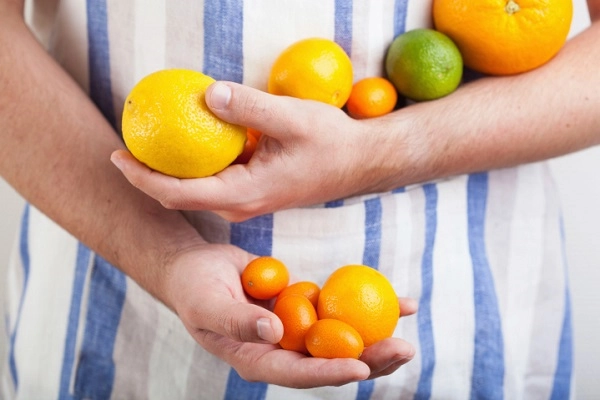Colon health: Five do’s (and one don’t!)


March is national colon cancer awareness month. Let’s celebrate by making sure that what goes through us also improves our health along the way. Did you know that the journey through the large intestine is five to six feet?
Keep your colon healthy by following some simple “do’s” (and one don’t). One of the biggest “do’s” is to start colonoscopies when the time comes.
“Colonoscopies are your biggest weapon in the crusade against colon cancer,” said Robert Ponec, MD, of Salem Gastroenterology, noting these procedures are more often covered by insurance now. “With advances both in procedures and anesthesiology, the process is more comfortable—and, we’re able to detect and remove precancerous polyps.”
DO:
- 1. Eat a variety of whole foods as unprocessed as possible — more raw vegetables and fruits (unless you have conditions like irritable bowel syndrome or allergies) and whole grains. Include some cultured foods such as yogurt or cultured vegetables to keep the friendly bacteria happy.
- 2. Exercise to keep things moving! Even just walking is good. Remember the old phrase, “My Daily Constitutional”?
- 3. Get 25 to 35 grams of fiber daily. A half-cup of most fruits and veggies has an average of 3 grams fiber. Five to nine servings a day gets you there. Fiber supplements are fine for most people, but don’t rely on them — get your fiber from whole foods.
- 4. Drink enough fluids (water) to stay well-hydrated, at least eight ounces. Coffee doesn’t count—and definitely not alcohol.
- 5. Limit charred and processed meats as these may increase your risk of colon cancer. A diet high in animal proteins and low in plants can result in constipation. Just follow the plate method and focus on fiber-rich meat substitutes like black bean burgers.